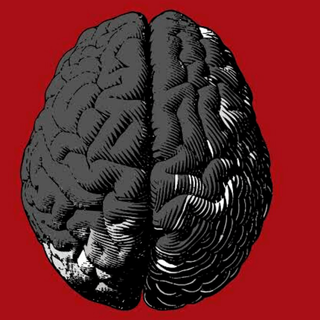We forget names of people we’ve known for years; sometimes we blurt out our ex-partner’s name when we’re with someone else; and often we don’t even remember why we walked into a room. Why does our brain fail to perform such simple, easy, everyday tasks?
Neuroscientists term these episodes as maladaptive brain activity changes. Colloquially, we know them as brain farts, and per research, they are innate or natural human behavior patterns that happen to everybody irrespective of their age or gender, and occur mostly due to lack of attention.
A brain blip is a “temporary inability to remember information,” according to Dr. Michelle Braun, a neuropsychologist specializing in brain health. Braun told Medical Daily, “Most of the time we are multitasking in our minds, and when we do common activities and repetitive tasks our brains go into default mode.”
Therefore, we often forget where we kept our car keys or we take the wrong turn on a usual commute route.
“Brains love to pick up regularities, patterns, rules,” said Vince Calhoun, an expert in MRI analysis at the University of New Mexico. “As you generate an expectation, you become less attentive,” he added, reported Discover.
Researchers studying this found that almost half a minute before an error — or 39 seconds to be precise — the regions of the brains associated with relaxation become active, whereas those that are related to performing said task start shutting down. However, on noticing the mistake, the brain goes into overdrive mode, resuming the routine.
“Scientists believe this is the brain’s attempt to save energy during a task, by entering a more restful state. However, sometimes the brain takes the relaxation a bit too far, leading to your slipup,” wrote Greg Brown and Mitchell Moffit for New York Post.
Dr. Braun says these slip-ups are more common in people who have ADD or other kinds of learning disabilities that might compromise their ability to pay attention. But personality types matter too, she adds. For instance, those who are creative and tend to daydream, or are more prone to becoming distracted, may experience these brain blips more than others. The brain blips tend to increase with age, and factors such as sleep deprivation, anxiety, and alcohol can play a role in increasing their frequency.
Related on The Swaddle:
What Causes Our Minds to Zone Out?
These slip-ups may be common occurrences and happen with everyone, but according to Dr. Braun, if they change in frequency, or occur too often in absence of a factor to explain why they’re happening — for instance, when a person is sleep-deprived or suffers from stress — the brain blips could be a sign of other conditions.
“Brain blips can be more serious, which is why they are important to check,” said Dr. Braun, adding that it could be a symptom of B12 or B1 vitamin deficiency, dementia, an infection, a stroke, or a brain tumor or epilepsy.
“Other people’s awareness of your increased forgetfulness and whether or not these blips interfere with your ability to complete daily tasks are also signs that it may be time to see your primary care physician about your forgetfulness,” she added.
But if it hasn’t reached that stage yet, and you’re aware of its occurrence, Dr. Braun suggests the 3P approach to manage it — i.e., “pause, piggyback and practice.”
“Pausing to reflect on a task before you complete it can help you better remember all the details. Piggybacking your memory, or associating it with another action or in a location is also helpful. Lastly, practicing the task, such as repeating it in your mind, can also prevent these blips from occurring,” she said.




